We will give you a rough overview of what is important, so you don't treat the feeding of your horse too lightly, and not too strict.
I. The Keeping and Utilization of the Horse
The time when hay, straw, grass, and oats where the only food for horses is long over. The food industry is specialized in finding the right product for almost every problem on the market. Concentrated feed, compound feed, muesli, supplements and mineral feed find a large number of customers, but what does my horse really need and what should be considered when adding supplements? After all, the digestive tract measures approx. 28 meters and has a health effect on the entire organism of the horse.
As in almost all areas of equestrian sport, the correct feeding depends on the keeping situation and usage of the horses. In the wild, horses search for food at a 10 km radius each day, eating grass, shrubs, roots and other food every now and then, this routine never causes a deficiency. However, domesticated horses cannot decide for themselves when and what to eat. There are fixed feeding times and every horse gets only what we give. Making the careful selection of feed all the more important. The horse's maintenance requirement, which is the amount of energy the horse needs not to increase or decrease its bodyweight, is provided in megajoules (MJ) per day. At this benchmark, the keeping is crucial:
For example, a 600 kg warm-blooded animal in boxing needs only about 65 MJ per day, the same horse, which is outside during the day, needs already around 95 MJ. The MJ-requirements need to be adjusted based on the horse's daily work, age, and physique. Depending on the riding style, type and duration of the training some other factors must be considered as well in the feeding: Micronutrients. Vitamins and minerals contribute significantly to the health of the horse.
II. Recognize A Mineral Deficiency
A mineral deficiency is mostly not discovered until relatively late. This is partly due to the lack of knowledge of the horse owner and on the other to the non-compliance with the feeding recommendation of cereals and pellets. A balanced muesli can provide the horse in sufficient quantity with trace elements and minerals, but it must also be adapted to the body weight of the horse. The feeding recommendation can mostly be found on the back of the feed. If the horse owner varies from the recommendation and feeds significantly less, an additional feed is advisable. But not every additional feed covers all trace elements and minerals. The easiest way is the check-up by the veterinarian, who draw conclusions about the feeding due to a blood test and can make corresponding statements about what the horse lacks and therefore needs.
Some symptoms of a deficiency syndrome can be registered by the horse owner himself:
- Blunt, dull coat
- Scales on the mane comb and tail root
- Listlessness, languor
- Increased nervousness
- Frequent infections
- Excrement water
- Discolored mucous membranes
- Not intact digestion
- Hoof problems
- Fertility problems
- Muscle metabolism problems (Equine exertional rhabdomyolysis etc.)
III. Trace Elements and Minerals at a Glance
- Zinc
Zinc plays an important role in the fat, protein and sugar metabolism of the horse. Where zinc is absent in the body, more and more harmful heavy metals are deposited and cause a metabolic and growth disorder. Especially young and pregnant horses have an increased demand for zinc, which needs to be compensated. A zinc deficiency is mostly visible due to skin, hair and hoof problems.
- Selenium
Selenium protects the cell membranes of horses and occurs mainly in teeth and bones. It is essential for an intact immune system and the welfare of the horse. But beware: An over-supply of this element can lead to significant problems: Hair loss, blindness or even poisoning symptoms can be the result.
- Magnesium
Especially horses, which have an increased performance level due to tournaments, training, breeding or growth, require a significantly increased amount of magnesium. Also, physical or mental stress from switching to a new barn, new neighbors horses, etc. contribute to this disproportionate need. Since magnesium is mainly released through sweat, special attention should be paid during the summer and sufficiently added to the feed. Magnesium deficiency usually manifests itself through increased nervousness, dreadfulness, and muscle metabolism problems.
- Iron
Iron serves primarily as a link between oxygen and hemoglobin in the red blood cells. A deficiency is therefore expressed in anemia, loss of performance and an increased risk of infection.
- Copper
Copper is used to form red blood cells and plays a crucial role in the skeleton. Therefore, especially pregnant and young horses should be examined regularly for a possible copper deficiency.
- Manganese
Another essential element in the formation of a healthy skeleton is manganese. It counteracts hyperacidity of the body and contributes significantly to the muscle and energy metabolism. A deficiency manifested mainly through problems in the musculoskeletal system.
- Vitamin A
Above all, vitamin A plays an important role in terms of vision, skin and mucous membranes. This vitamin is not existing in natural diets, so it is formed in the small intestine by beta-carotene. Beta-carotene, in turn, can be found mainly in green plants, carrots, and beets. An overdose is not possible due to the self-formation of the organism.
- Vitamin B
This vitamin is one of the water-soluble vitamins and is an important part of a well-functioning metabolism.
- Vitamin C
As with humans, vitamin C is needed to build up an intact immune system and it stimulates the body's defense against viruses and bacteria.
- Vitamin E
Vitamin E is indispensable especially in the structure of a healthy tissue. Since it is mainly found in fresh hay, the additional vitamin supplements should be fed during winter.


IV. A Balanced Diet is Key
A balanced diet in horse keeping is most important. The choice of a good feed saves the feeding of additional substances. A good horse feeding stands and falls with the quality of the hay and the keeping on well-growing meadows. Depending on the nature of the soil, the horses will find everything they need and, moreover, a near-natural feed intake. The feed should never be selected according to the personal condition in the sense of "The muesli smells good", but always adapted to the needs of the horse.
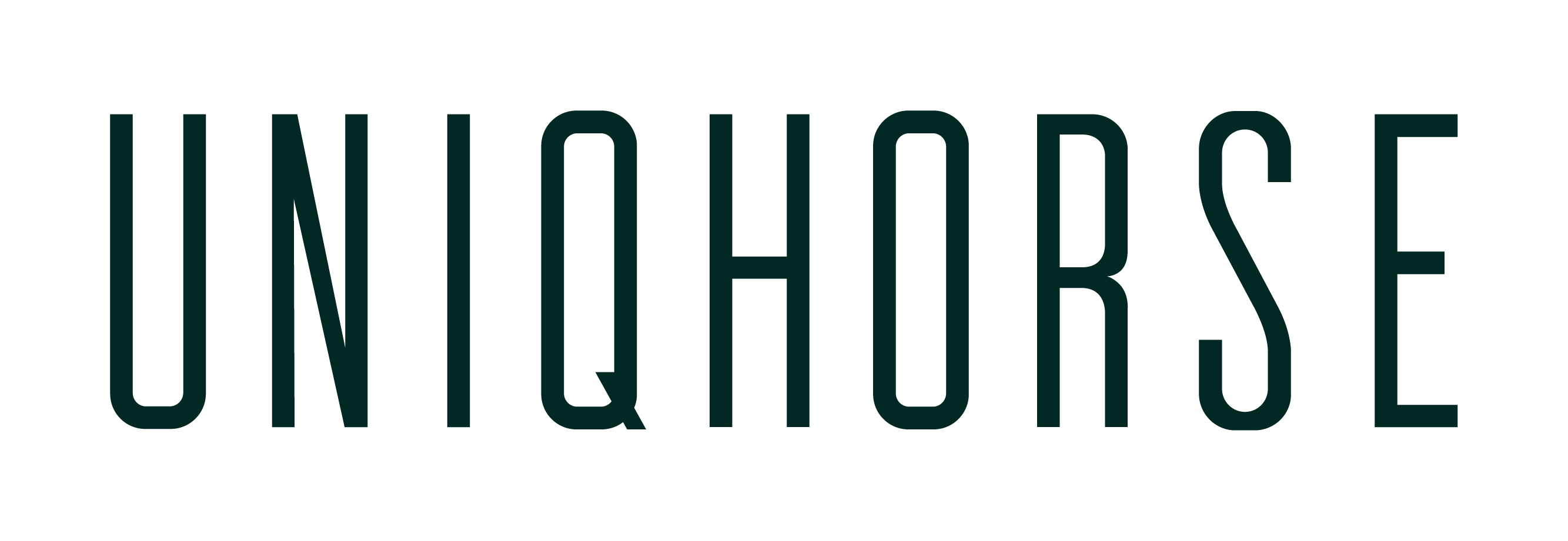


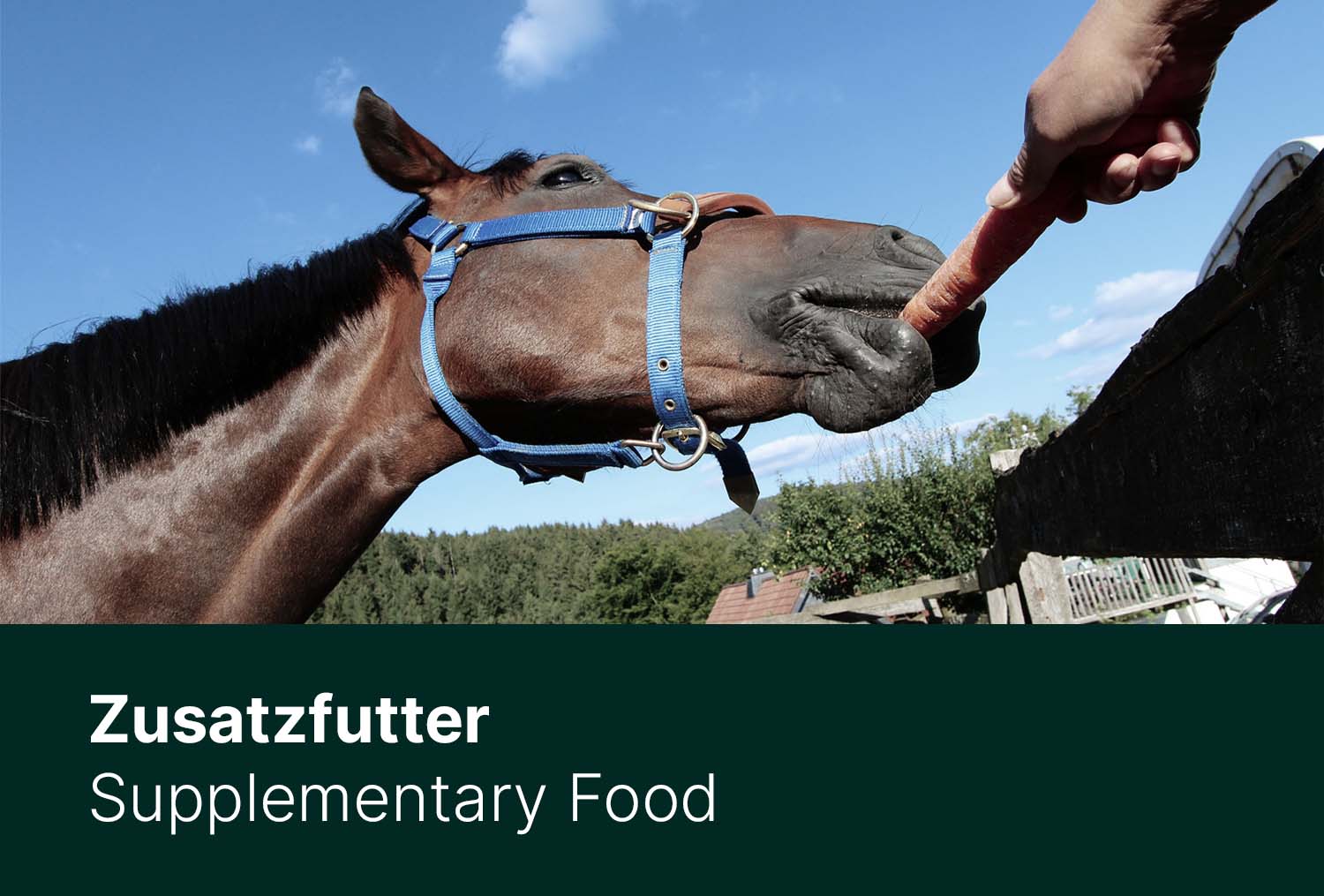

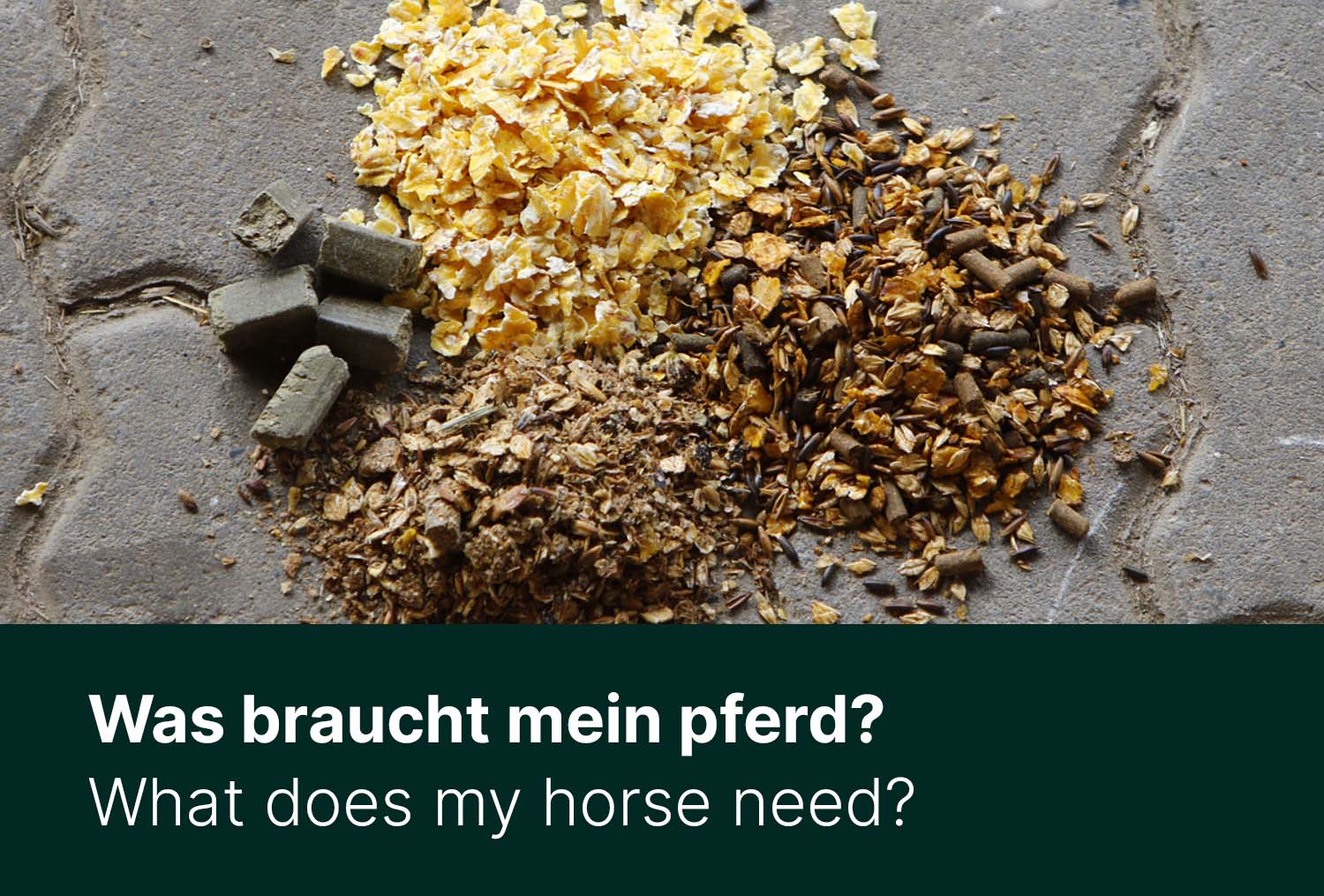
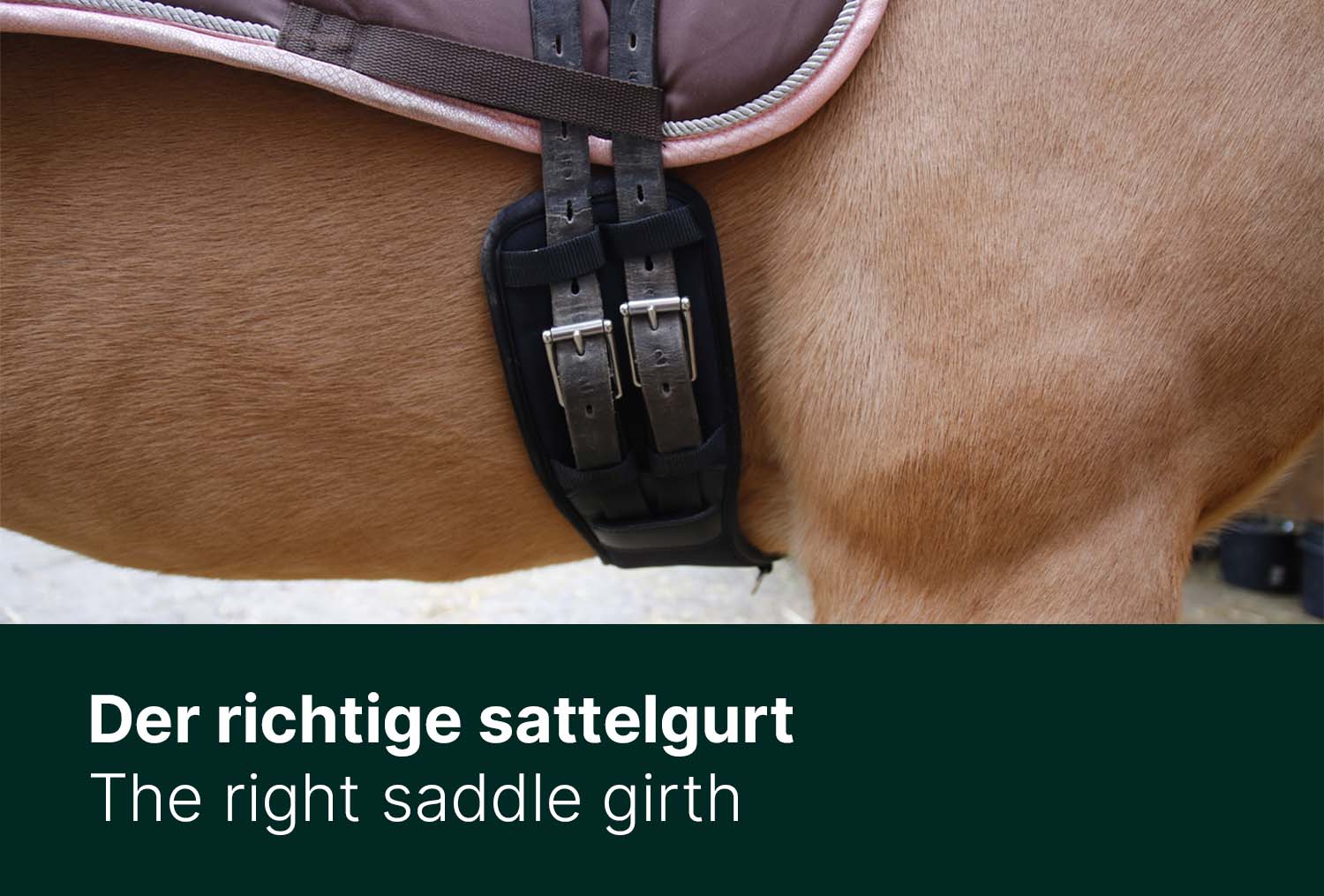
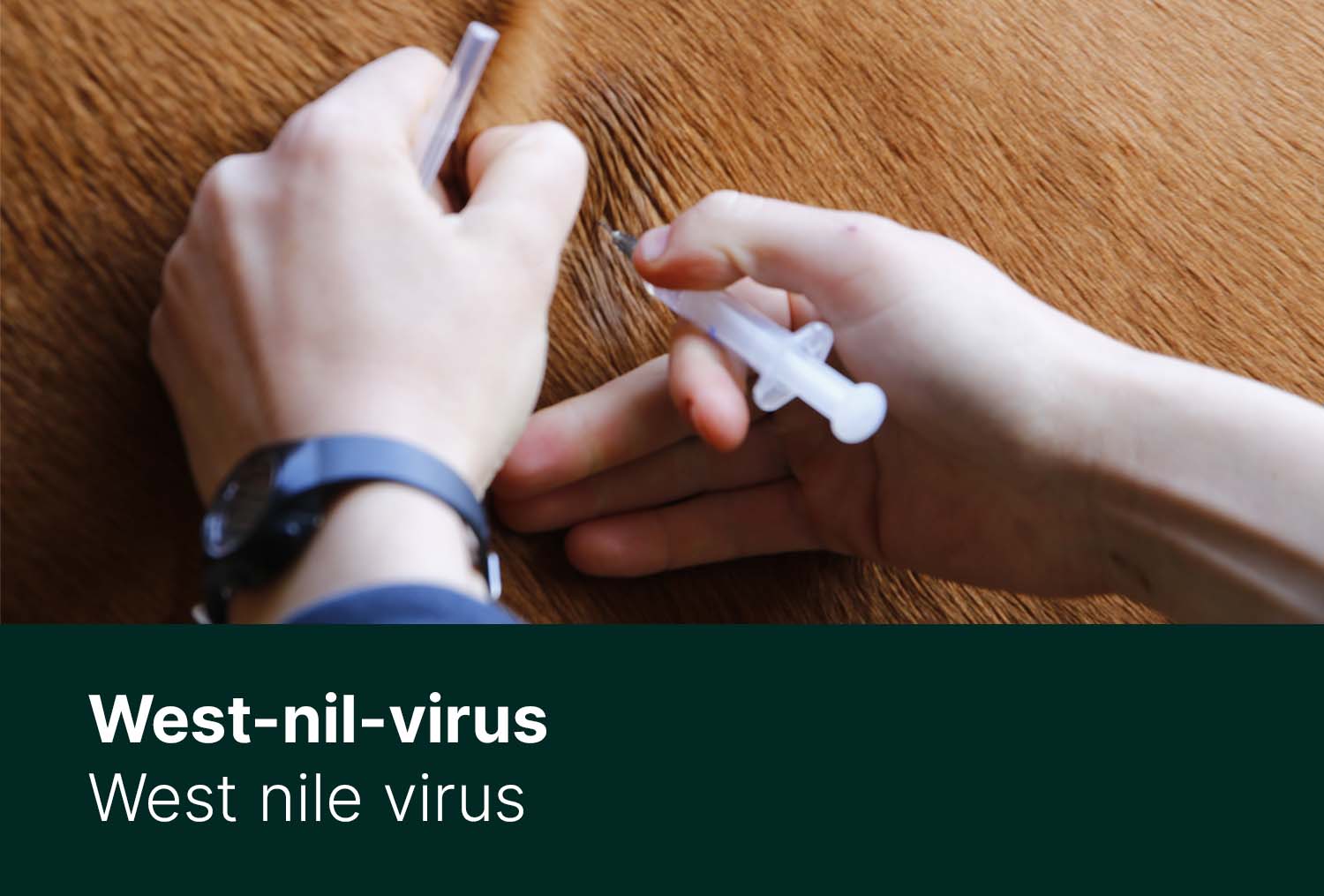
Riding Safely in Traffic
Variety on Open Terrain - Dressage Work Done Differently